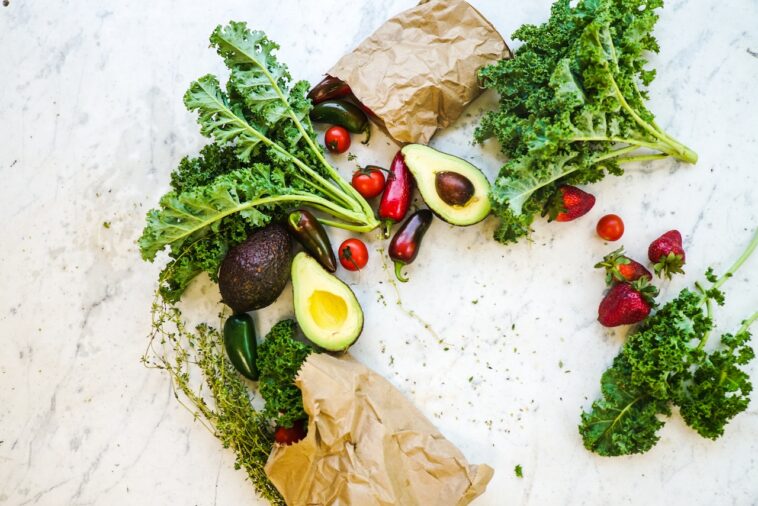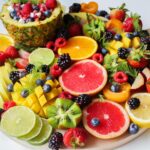- Lentils – These small legumes pack a big punch of protein, with 18 grams per cup cooked.
- Black beans – A cup of cooked black beans contains 15 grams of protein.
- Chickpeas – Also known as garbanzo beans, these legumes contain 14 grams of protein per cup.
- Quinoa – This ancient grain is a complete protein, meaning it contains all of the essential amino acids. It contains 8 grams of protein per cup.
- Spinach – Though not as high in protein as other vegetables on this list, spinach is still a great source, with 5 grams per cup.
- Artichokes – These thistle-like vegetables contain 4 grams of protein per medium artichoke.
- Brussels sprouts – These mini cabbages contain 3 grams of protein per cup.
- Arugula – This leafy green contains 3 grams of protein per cup.
- Asparagus – These green stalks contain 2 grams of protein per cup.
- Broccoli – A cup of cooked broccoli contains 2 grams of protein.
- Peas – A cup of cooked peas contains 8 grams of protein.
- Sweet potatoes – Though they are often thought of as a carb, sweet potatoes also contain 2 grams of protein per cup.
- Kale – This nutrient-rich green contains 2 grams of protein per cup.
- Cauliflower – This cruciferous vegetable contains 1.9 grams of protein per cup.
- Okra – These green pods contain 1.8 grams of protein per cup.
- Collard greens – These leafy greens contain 1.5 grams of protein per cup.
- Beet greens – These leafy greens contain 1.4 grams of protein per cup.
- Turnip greens – These leafy greens contain 1.2 grams of protein per cup.
- Mustard greens – These leafy greens contain 1.2 grams of protein per cup.
- Radish greens – These leafy greens contain 1 gram of protein per cup.
It’s important to note that the protein content in vegetables can vary depending on the specific type, the growing conditions, and how they’re prepared. Additionally, for a well-rounded diet, it’s important to include a variety of protein sources from both plant and animal-based sources.




GIPHY App Key not set. Please check settings